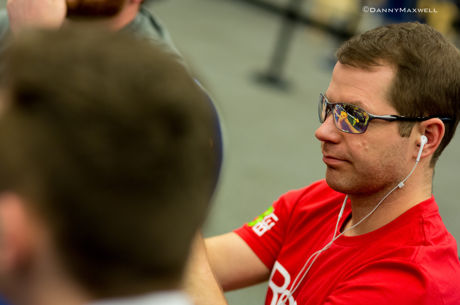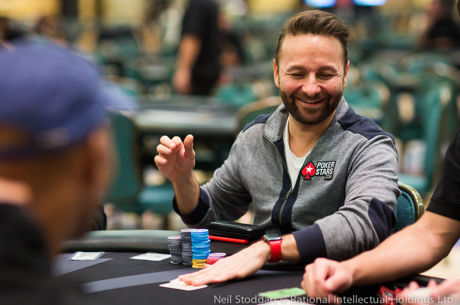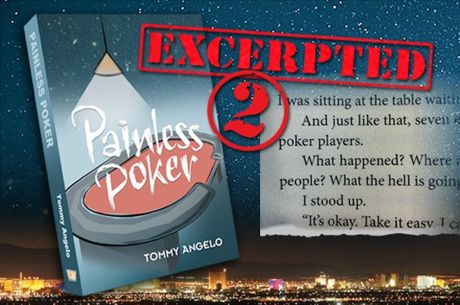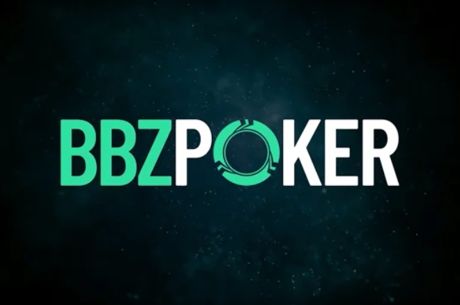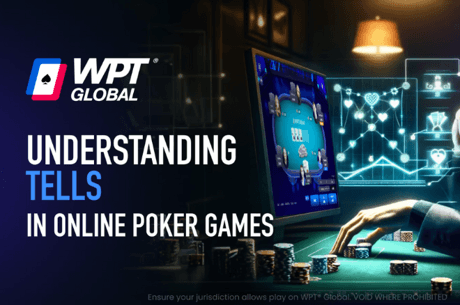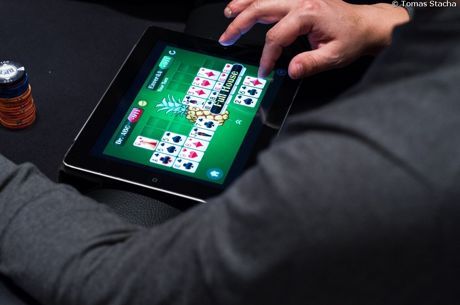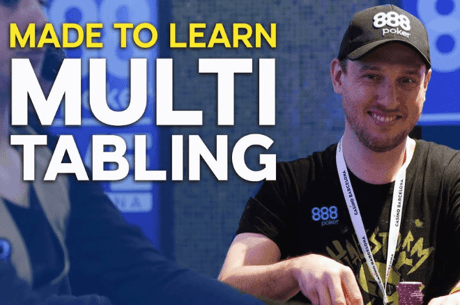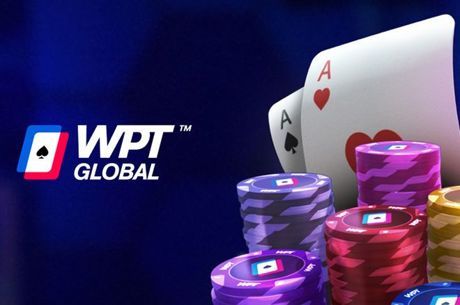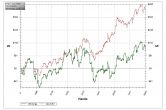Prepare Yourself: Pre-Session Advice for Online Poker Players
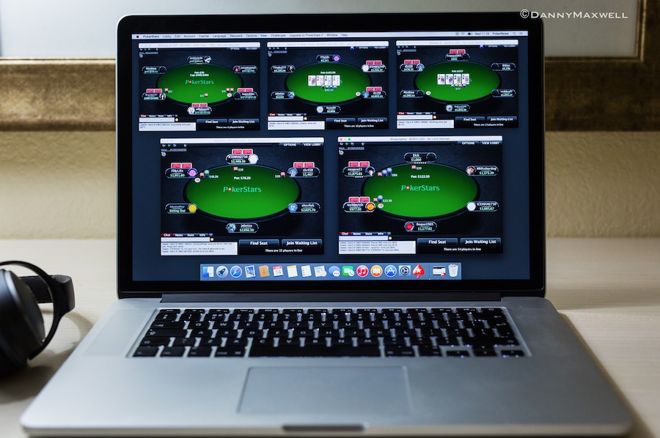
Some online poker players routinely take what I call "negative freerolls" because they aren't honest with themselves before sitting down to play. In fact some love to take them, and even take a strange sort of pride when being challenged to play under less than ideal circumstances, especially when being underprepared to play.
Here are some thoughts and recommendations to online grinders having to do with their pre-session preparation. They perhaps include some forms of preparation even the most studious players aren't considering as much as they should.
Results-orientated preparation
So you once played hungover and won the tournament. Or once you had just three hours of sleep before enjoying a huge winning cash session. Now you think you are special, somehow differently endowed in matters of basic, universal human physiology. Unlike everyone else, you play better when tired or buzzed or stoned or after having eaten a big bag of hamburgers from McDonald's.
You agree with the fact that nearly every poker player deludes themselves on many points. But in this specific instance, your case is exceptional.
Sure it is. Just as you can still win a badly-played hand and then forget about the luck you've enjoyed, you can similarly delude yourself by being results-orientated when it comes to your past preparation. Don't make that mistake.
Adjusting on the day
How you feel now is not an indication of your state. So you didn't get much sleep, ate fast food, drank but feel surprisingly fresh right this minute �� why not fire up ten online tournaments? Now you're "locked in" �� you've taken a negative freeroll that won't always hit, or perhaps won't often hit. But sometimes it will.
In such a poorly-prepared state, you are even more likely to miss a few small details per hour. And small things add up. But of course, you won't notice what you miss. This is even more likely than the chance of feeling tired in the sixth hour of an eight-hour grind as the previous days and nights catch up with you.
How we feel in the moments just before we play should not determine how many tables we decide to play, for how long or even if we should play at all. If you really want to take your preparation to the next level, you should adjust for known facts.
Have you been sleeping well? Have you been playing well? Did you eat healthily this month? These are all objective truths and can translate to increased focus and stamina as per laws of nature. You aren't above them.
This need to take an accurate stock of ourselves before playing is especially true for tournament sessions, where we don't have the opportunity to exercise the skill of quitting when we should.
Tables, tables, tables
There is very little downside to playing fewer tables. I believe the function of sitting at too many tables when playing poker online works a bit like the straw that breaks the camel's back. At a certain point, we are simply overloaded and the quality of our play is going to plunge across all tables before our constantly darting eyes.
On the other hand, the category of poker players who play too few tables is nearly unpopulated. It is also likely you start a session with too many tables, instead of adding them steadily to reach a session peak, then winding them down as your session does.
I get it �� I like playing poker, too. I want to play a lot of poker right now. But this gets us back to discipline.
Trust the process
If you cut out fast food, you aren't guaranteed to feel better that day or tomorrow. But you are guaranteed feel better, have more energy and be healthier in the long run. The same goes for improving your sleep, for exercising more regularly, for adding meditation to your pre-session routine... and for being disciplined at the online tables.
This isn't rocket science. It simply requires some humility. You already agree, humility is in short supply around poker tables, even if you don't agree your own is specifically deficient.
Studying as a measuring stick
You wake up Sunday and were out a bit late the night before. Consider studying instead of playing. If the mere thought of doing calculations and running simulations and taking notes on videos while tired �� or maybe slightly hungover �� makes you queasy, why would playing in such a state be a good idea? Because you can autopilot playing poker? If you want to improve your process and the probability of better results, hold yourself to a higher standard.
The bar for you to study should be lower than the bar for being ready to play. If you don't feel like your mind is sharp enough to study, you definitely shouldn't be registering for tournaments. Drink some water, jog around the block and go back to bed.
Plan further and further ahead
If you allow it to, poker can make you stronger, more disciplined.
The further out you prepare for your session, the better. For example, I know right now that I am going to play online poker on Sunday, April 2. I am flying from a country where they don't have online poker to a place where I will be able to play. I could fly in on the morning of the 2nd, check in sometime between when the Sunday Kickoff and the Sunday Warmup starts on PokerStars and get grinding right away.
Instead I have planned to fly some 30 hours earlier, resolving to have a light online cash session first on Saturday night. I can ensure myself a full night's sleep, a full dinner and breakfast and a workout before my session. I am planning my session two weeks in advance. Maybe I'll blank on the day, but my expected value is already higher.
Sessions ahead, know thyself
Many players notice the following sessional pattern. After a layoff �� even a short one lasting just a couple days �� they are very focused for their first hours back at the tables. Things flow, they carefully consider many decisions. They are in the sweet spot of stress and stimulation.
But the next day, they play the first hour in haste, and they can tell, things are going badly. They've dug a little hole. Why did things come so easily yesterday but not today?
The first session back there is a freshness to our experience. And we are taking things seriously.
It is human nature to take things for granted the next day. We should expect this, and guard against it. It isn't enough to think about it. Thus our second-day process should include a longer warmup, playing fewer tables for our first hour or two, meditation before that, studying before that, exercise before that, a healthy meal before that and a full sleep before that.
The willing and the able
You are able to improve your process. But are you willing?
If results don't turn out the way you like them, many players make the mistake of blaming it on something incidental. You lost a big flip at a final table. You lost an eighty-twenty with two tables left. Et cetera, ad nauseam.
You got yourself into this. Whatever the result of the day's poker, it was one of the possible outcomes. You should have known that before it happened. Now, improve your process for next time.

